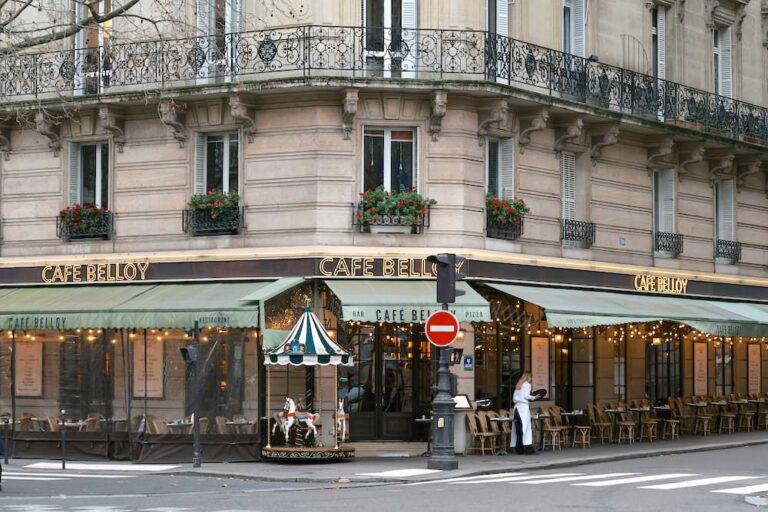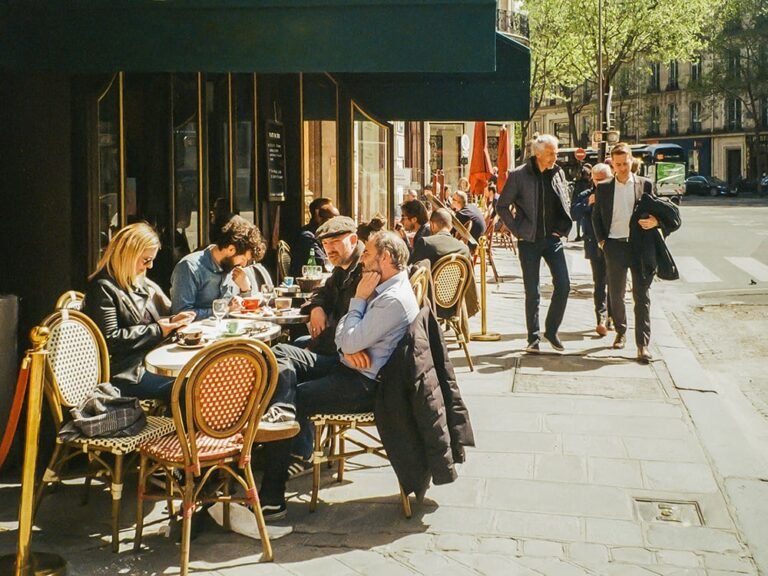to happen
There are few different ways of translating the verb “to happen” into French. You can use the French verbs “se passer,” “arriver” or “se produire.” Let’s look at some examples of each, in order of most frequent usage.
se passer
- Qu’est-ce qui se passe ? (what’s happening?) [KESS KEE SPUSS?]
- Que se passe-t-il ? (what’s happening?) [KER SER PUSS TEEL?]
- Qu’est-ce qui s’est passé ? (what happened?) [KESS KEE SAY PAH SAY?]
- tout s’est bien passé (everything went well) [TOO SAY BEE ANN PAH SAY]
arriver
- il m’est arrivé quelque chose (something happened to me)
- ce sont des choses qui arrivent (these things happen)
- ça arrive mais c’est rare (it does happen, but not very often)
- on ne sait jamais ce qui peut arriver (on ne sait jamais ce qui peut arriver)
- la même chose lui est arrivée il y a un mois (the same thing happened to her a month ago)
- tu vois, tout arrive! (I told you, you should never give up hope!)
se produire
- cela se produit souvent (that happens a lot)






